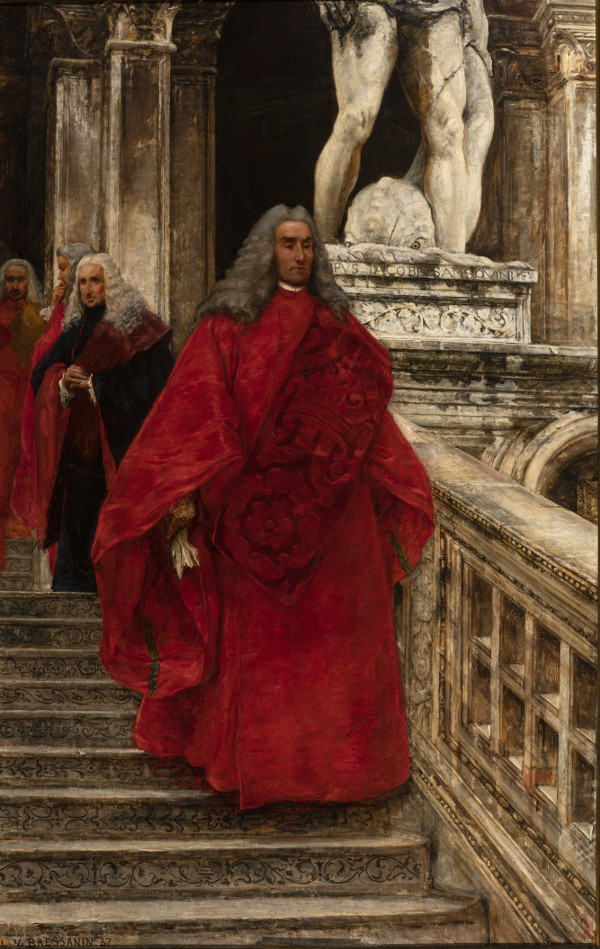The reports of the Venetian ambassadors
A key historical and intelligence source

"The Last Senate of the Republic of Venice" by Vittorio Emanuele Bressanin (from WikiCommons).
In studying the history of the Republic of Venice, one of the most valuable sources is the "relazioni" (reports): essentially, these were accounts compiled by Venetian ambassadors at the end of their mandate, which were then read before the Venetian Senate. The purpose was to provide the governing bodies of the Serenissima with the maximum amount of information — what we would today call 'intelligence' — so they could be aware of all the elements necessary to formulate a political strategy. These end-of-mission reports were so important that the Serenissima established the Cancelleria Segreta (Secret Chancellery), a special section of the Republic's archive where a copy of every report was preserved. However, many ambassadors were the first to leak their contents: since they remembered well what they had reported to the Senate, they often wrote a brief summary of their report’s contents, which meant that much of the intelligence became available to the highest bidder. In general, as Filippo de Vivo observed, those in possession of a report held an item of immense value, as it marked them as people of high social standing who had access to secret documents. Often, it was the ambassadors themselves who breached state secrecy, sharing elements and information with their contacts to gain allies in a particular political project.
Moreover, these reports also serve as a top-tier historical source: thanks to the work of Eugenio Alberi, who in the mid-19th century reorganized them into a monumental comprehensive work, these reports offer invaluable details and insights for reconstructing specific historical events. One example: in the report by Lorenzo Bernardo, a bailo who returned from Constantinople in 1592, we read a glimpse of the conflict between Shiites (the Persians) and Sunnis (the Ottomans). Bernardo writes: "The Persians are among the Turks as heretics are among us because some of them follow the doctrine of Ali, and others the doctrine of Omar, both disciples of Mohammed, but contrary in opinion."
Eugenio Alberi, Relazioni degli ambasciatori veneti al senato, 15 volumes (Florence: Clio; Società Editrice Fiorentina, 1839-1863). The quotation by Lorenzo Bernardo is taken from Relations, series III, vol. II (1844), p. 367. In the hyperlink you can find all the volumes digitized and freely downloadable from the Internet Archive.
Filippo de Vivo, Information and Communication in Venice: Rethinking Early Modern Politics (Oxford: Oxford University Press, 2007), pp. 55-63.
2025-09-17
Salvatore Ciccarello
